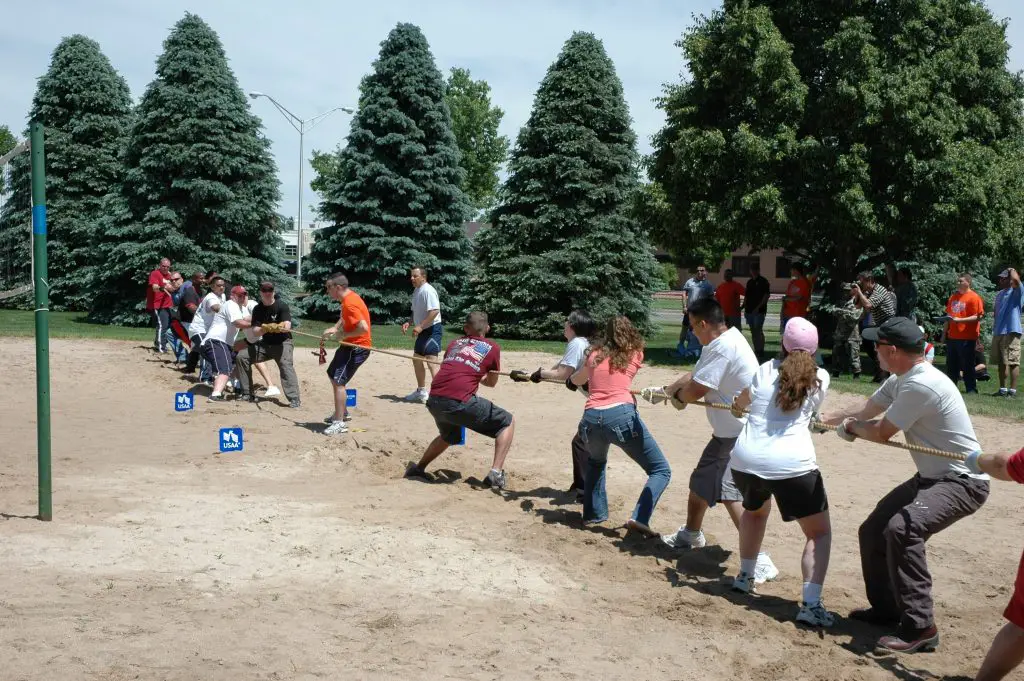Definition
The concept that people are prone to put forward less effort when they are working in a group as opposed to when they are working alone is defined as social loafing.
The idea of group works is seen as the way to improve the results in a certain task due to the collective skills, talents and effort of the individuals in the group.
However, in some groups, or rather in some tasks, participants tend to put in less effort to achieve the group’s goal.
Example of Social Loafing
Let’s say you are assigned a class project. If you were individually responsible for the project, you would break down the tasks you have to do step by step and do them accordingly to achieve the final result.
However, since you have been assigned a group project, you might slack off a bit and instead of assuming responsibility, you might think that other members in the group will take care of it.
And other members of the group are just as likely to think that other members in the group will take care of it.
As a result, while the collective effort put in by the group is statistically higher, all individual efforts are short of the full potential.
Ringlemann’s Rope-Pulling Experiments

One of the first experiments in social loafing was conducted by a French agricultural engineer, Max Ringlemann in 1913.
He conducted a rope pulling experiment by assigning individuals to pull the rope alone and in groups. The result was that people in groups exert less effort compared to when they were doing it alone.
Another experiment based off Ringlemann’s experiment was conducted in 1974 by a group of researchers.
Few small changes were made where the first panel was similar to Ringlemann’s but the second panel consisted of only one real participant and rest were confederates.
The confederates put in the minimum effort merely pretending to be involved. But the group with the largest decline in performance was the group consisting of only real participants. The cause behind it was found to be the lack of motivation.
The impact of group size in contributing to social loafing was found out in a 2005 study.
The groups were distributed with uneven number of members. The result was that people in larger groups tried their best to look busy and were under more pressure while people in smaller groups exerted greater individual effort.
Causes of Social Loafing
Anyone who’s ever worked in a group project has experienced this psychological phenomenon first hand. These are the reasons psychologists have come up with to explain this aggravating malingering.
Motivation, or lack thereof
When an individual lacks interest or motivation in completing a certain task, they are more likely to engage in social loafing when assigned to a group.
Reduced Sense of Responsibility
When an individual is not personally accountable for any given task, and they know that their individual efforts do not have 100% impact on the overall outcome, they are more likely to engage in social loafing.
This diffusion of responsibility is similar to what influences bystander effect.
Bystander effect is the psychological phenomenon where people are less likely to help someone one in need when there are bunch of other people involved in the scene.
Bystanders feel they’re not personally responsible and might even feel someone else present can help the person in need.
Expectations
Expectations from other members of the group can also contribute to social loafing. If the individual expects other members to slack off he/she most likely will too.
In a different scenario however, being in the group of high achievers might give the sense of inferiority and thus create social loafing letting the other members to handle most if not all of the work.
Group Size
When an individual is in a smaller group, he/she is more likely to feel responsible and contribute to the given task. However, as the group gets bigger, the individual feels less and less accountable.
The group size contributes to social loafing for one simple reason, there are more people to slack off.
How to Prevent Social Loafing
Social Loafing can be detrimental to the group’s performance and efficiency, so it’s best to prevent it all together. Here some ways social loafing can be prevented.
- Group size should be small to begin with.
- Individuals in the group should be assigned particular tasks and held accountable for their actions as it directly impacts the overall accomplishment of the group.
- Evaluation of group performance as well as the individual performance assures that the individuals put in their maximum effort.
- Also, if the individuals know that the reward achieved isn’t just for the group but also individual members, they will work towards achieving that positive reinforcement.
- If there are clear rules, guidelines, definition of task, and responsibilities, social loafing can be prevented.



